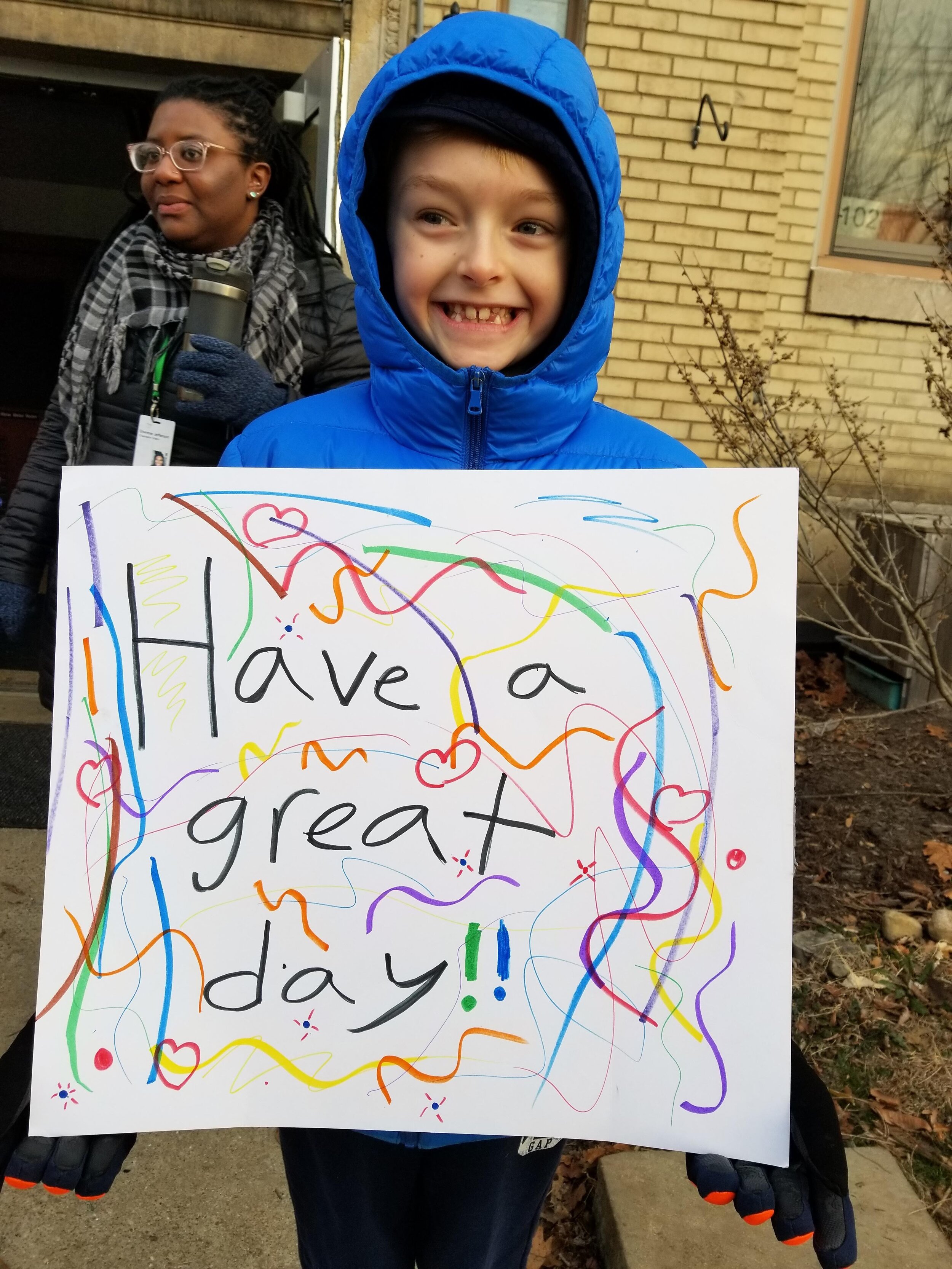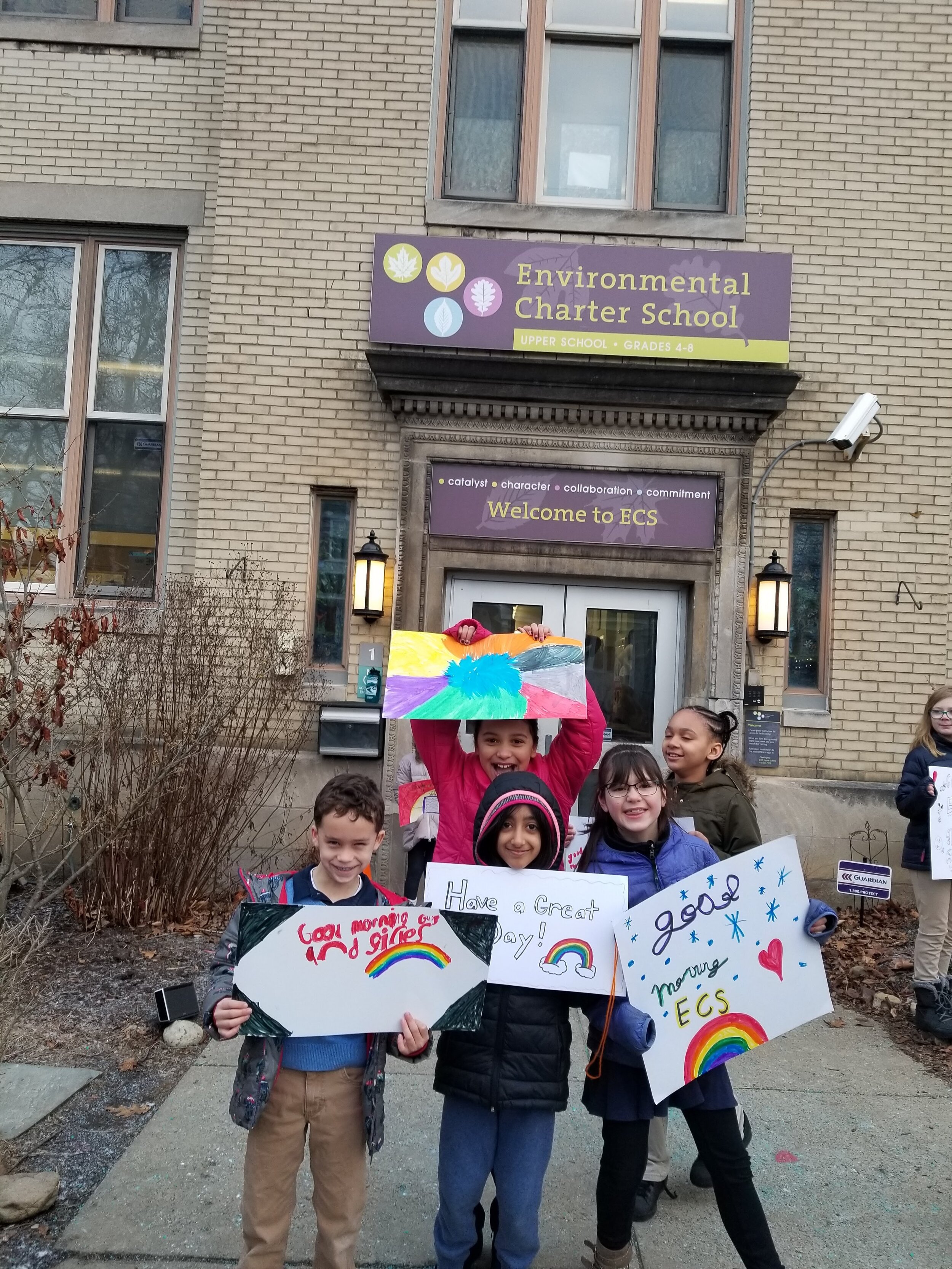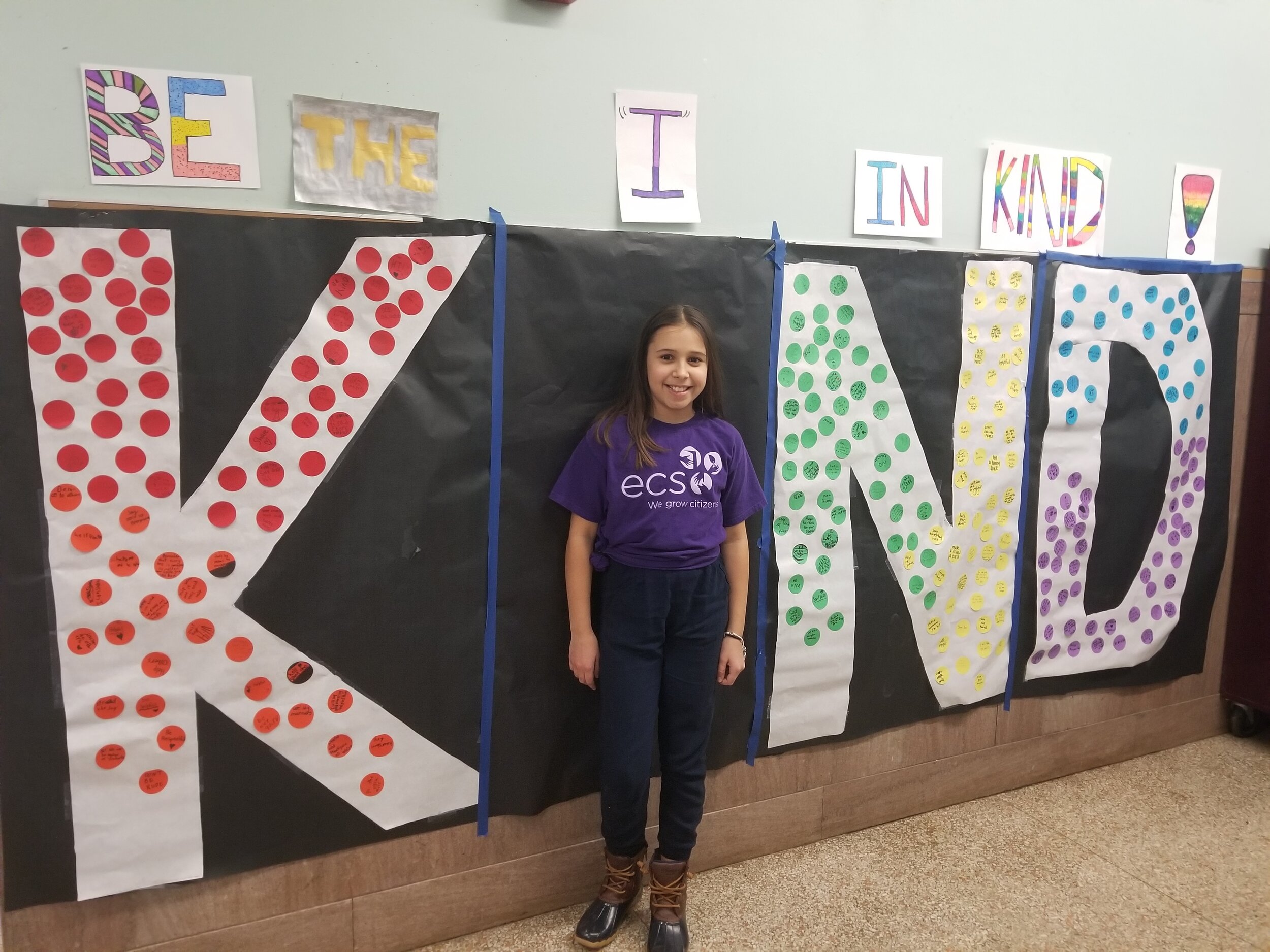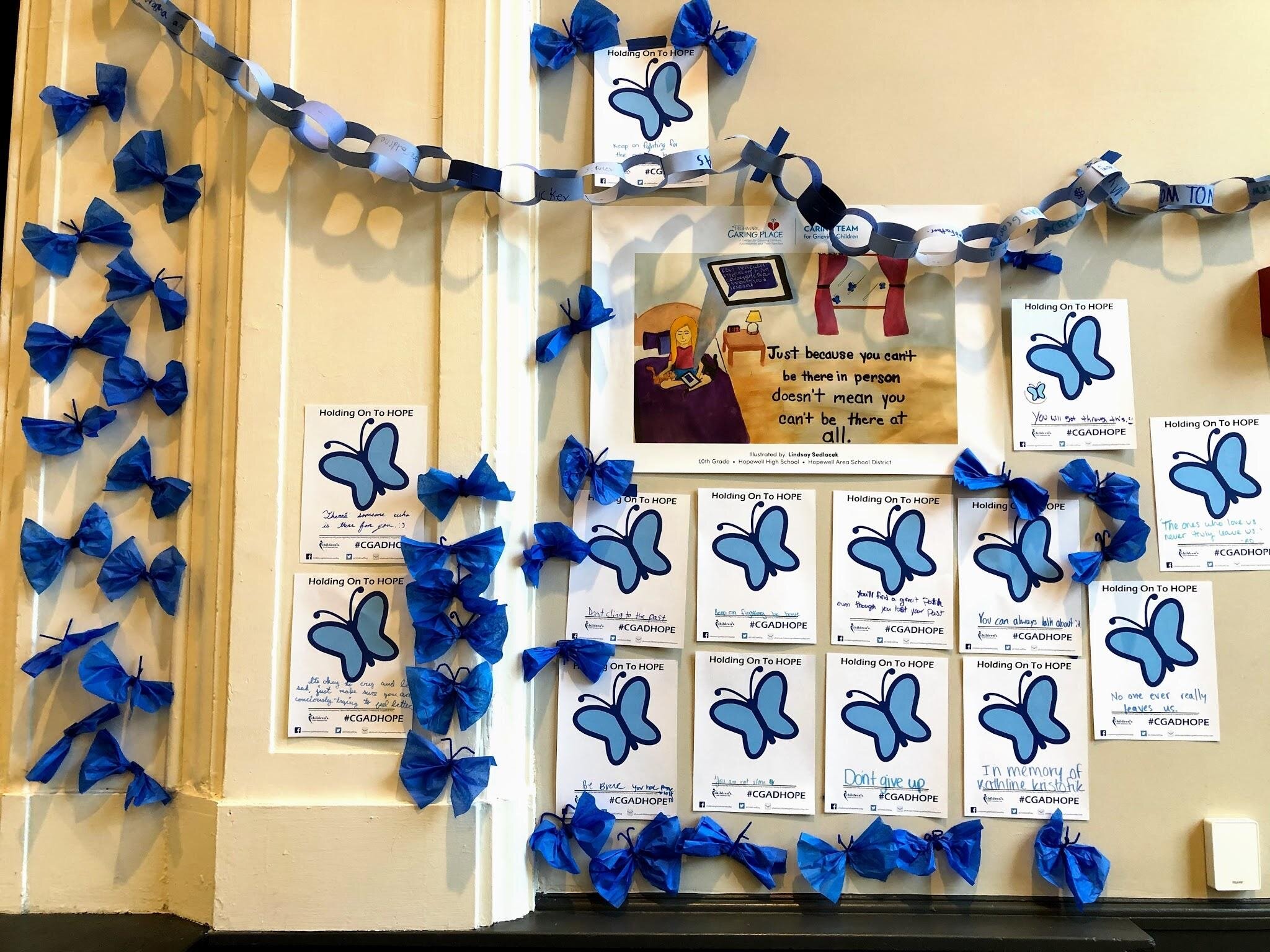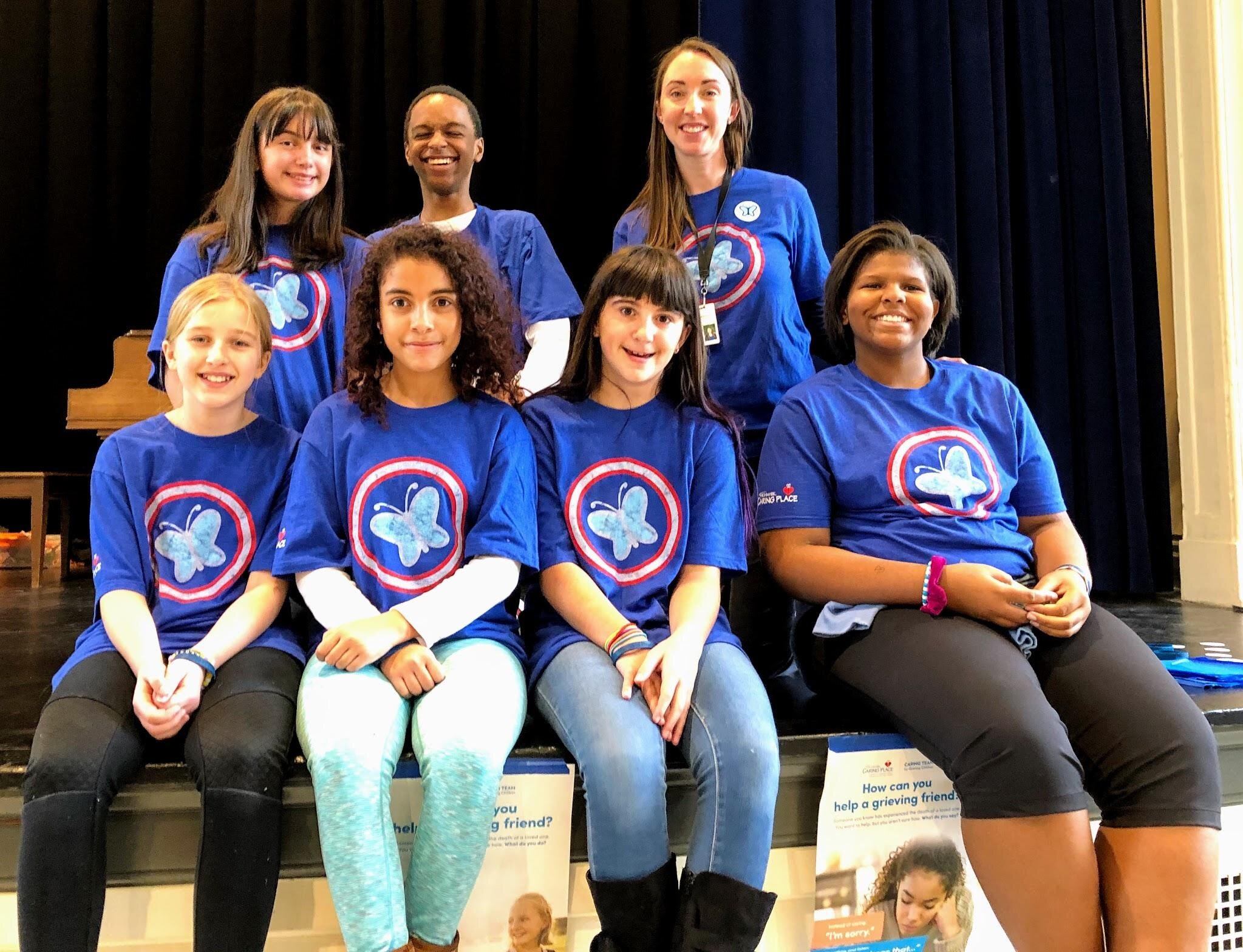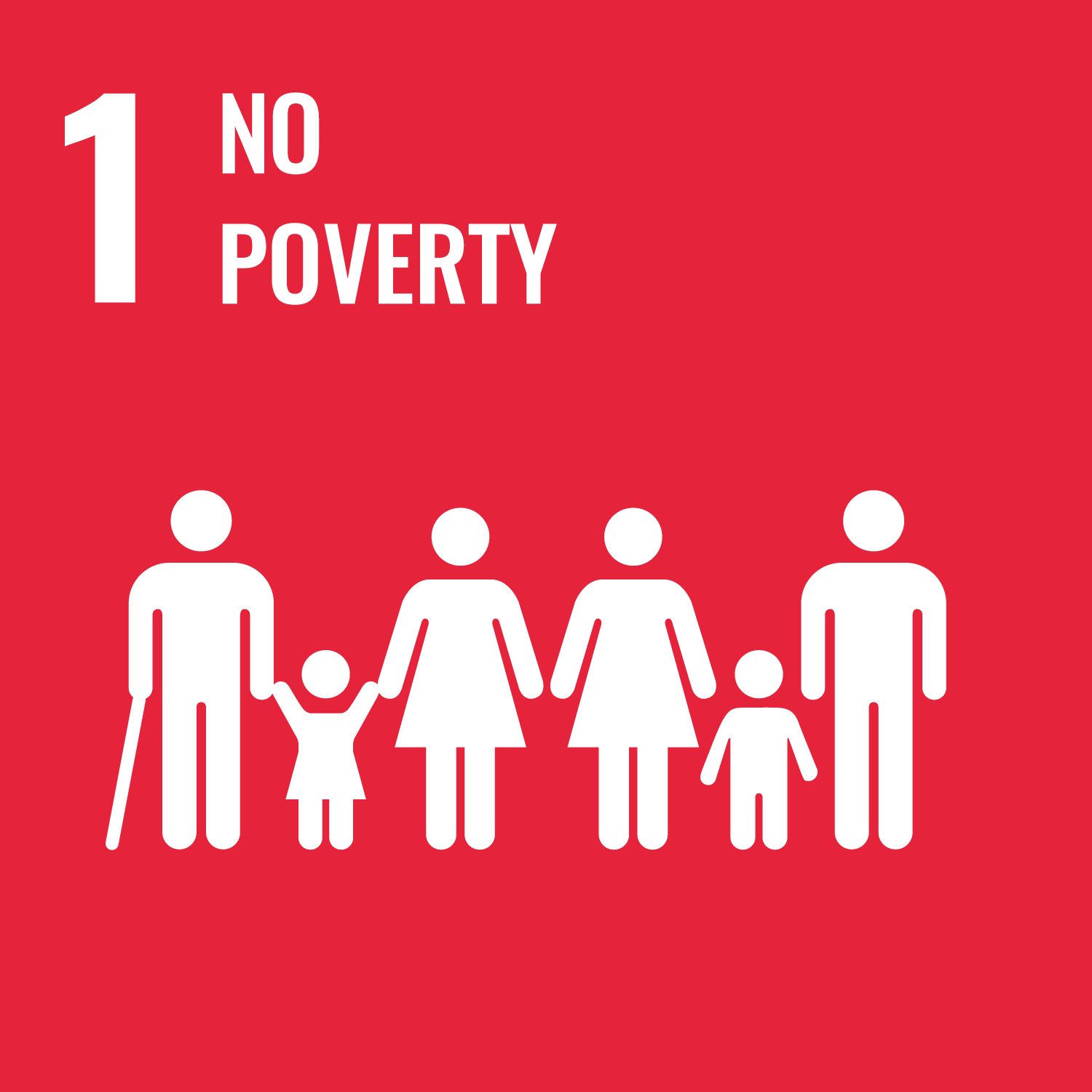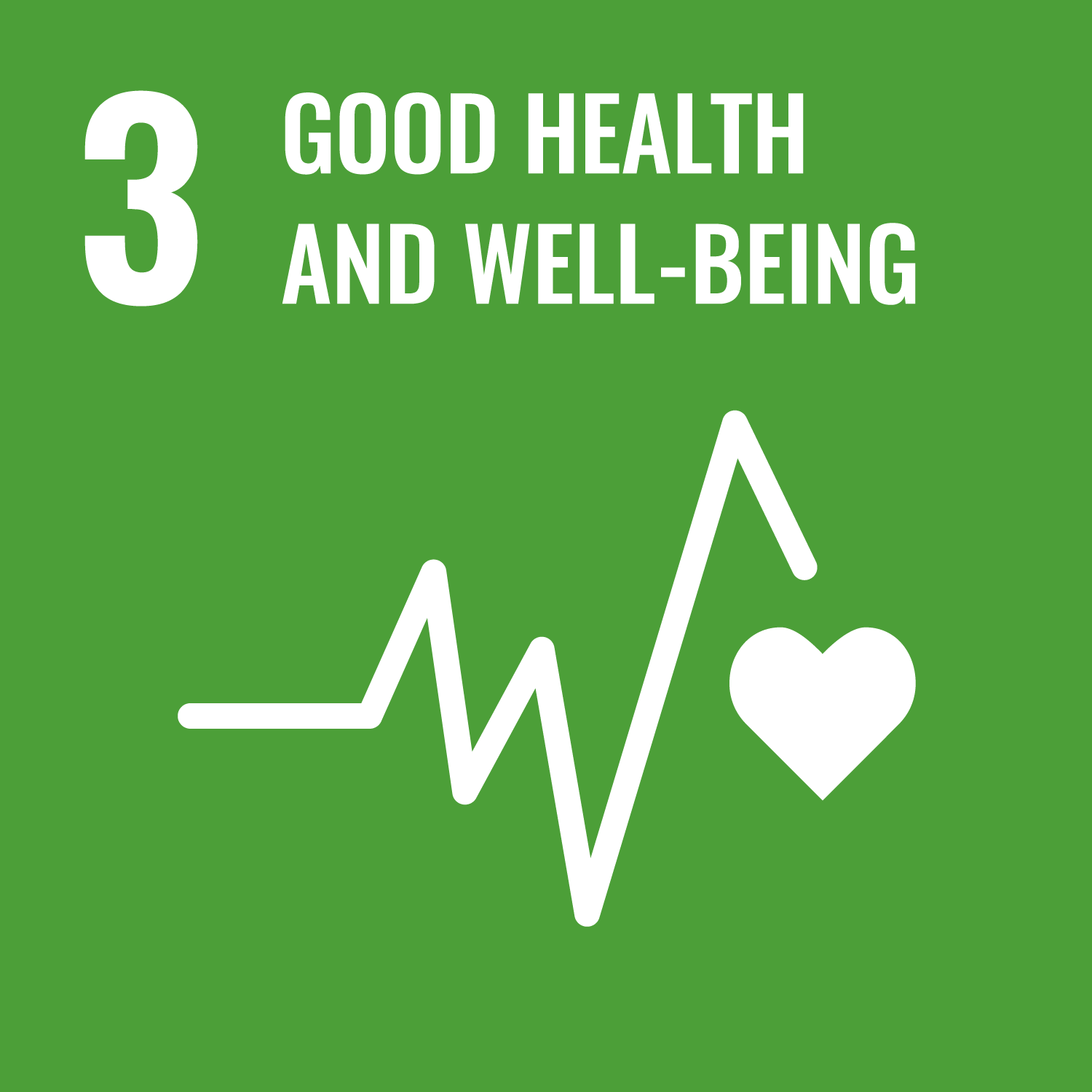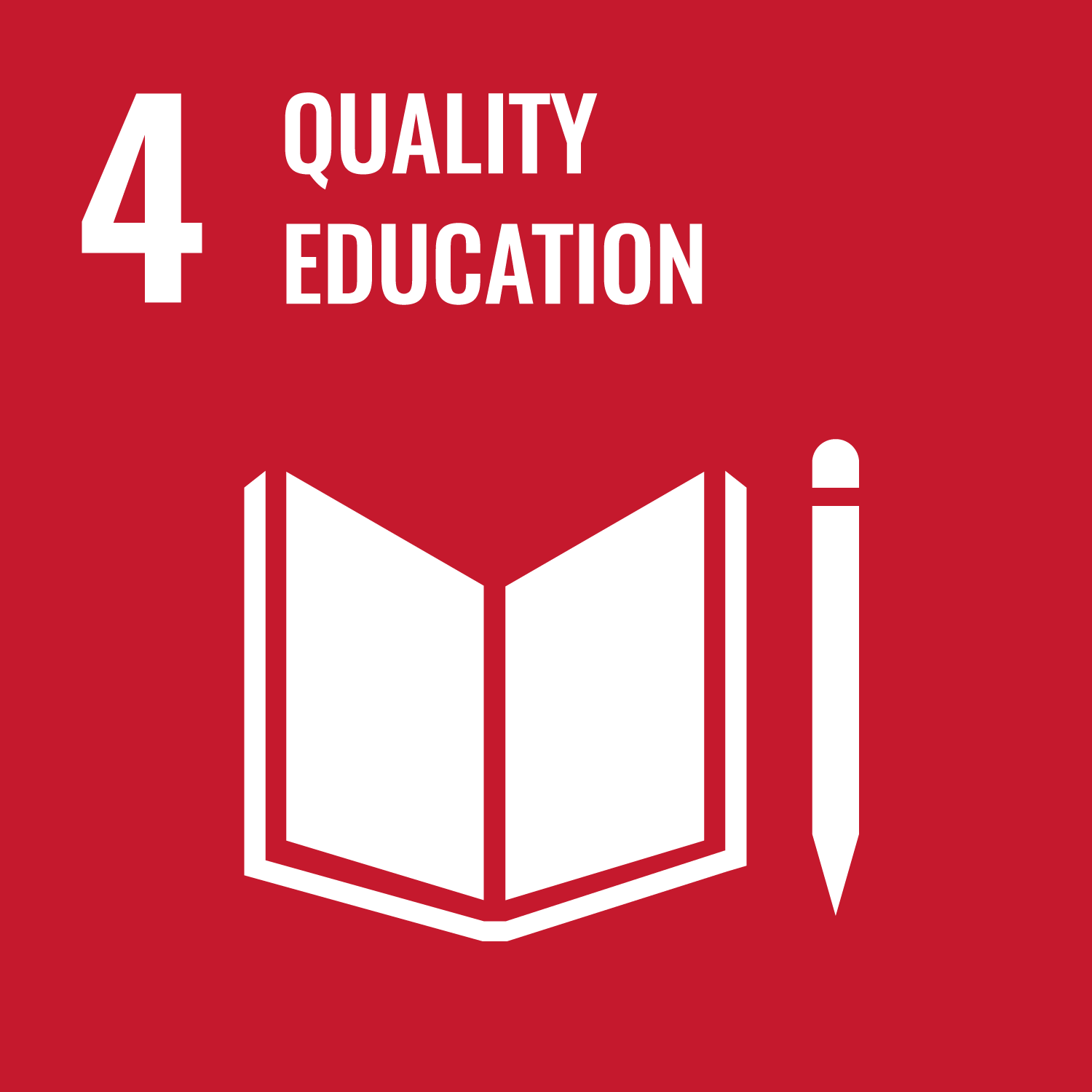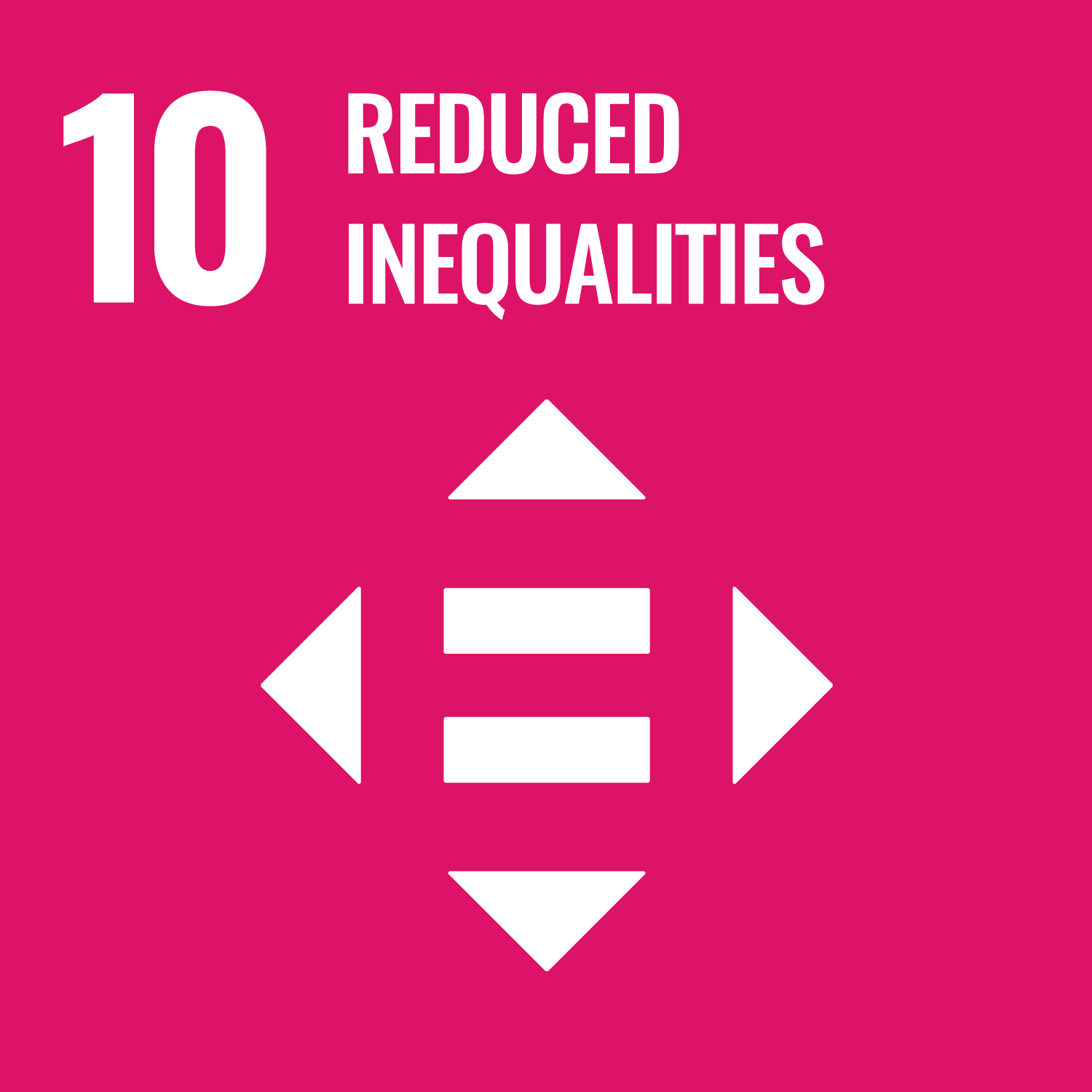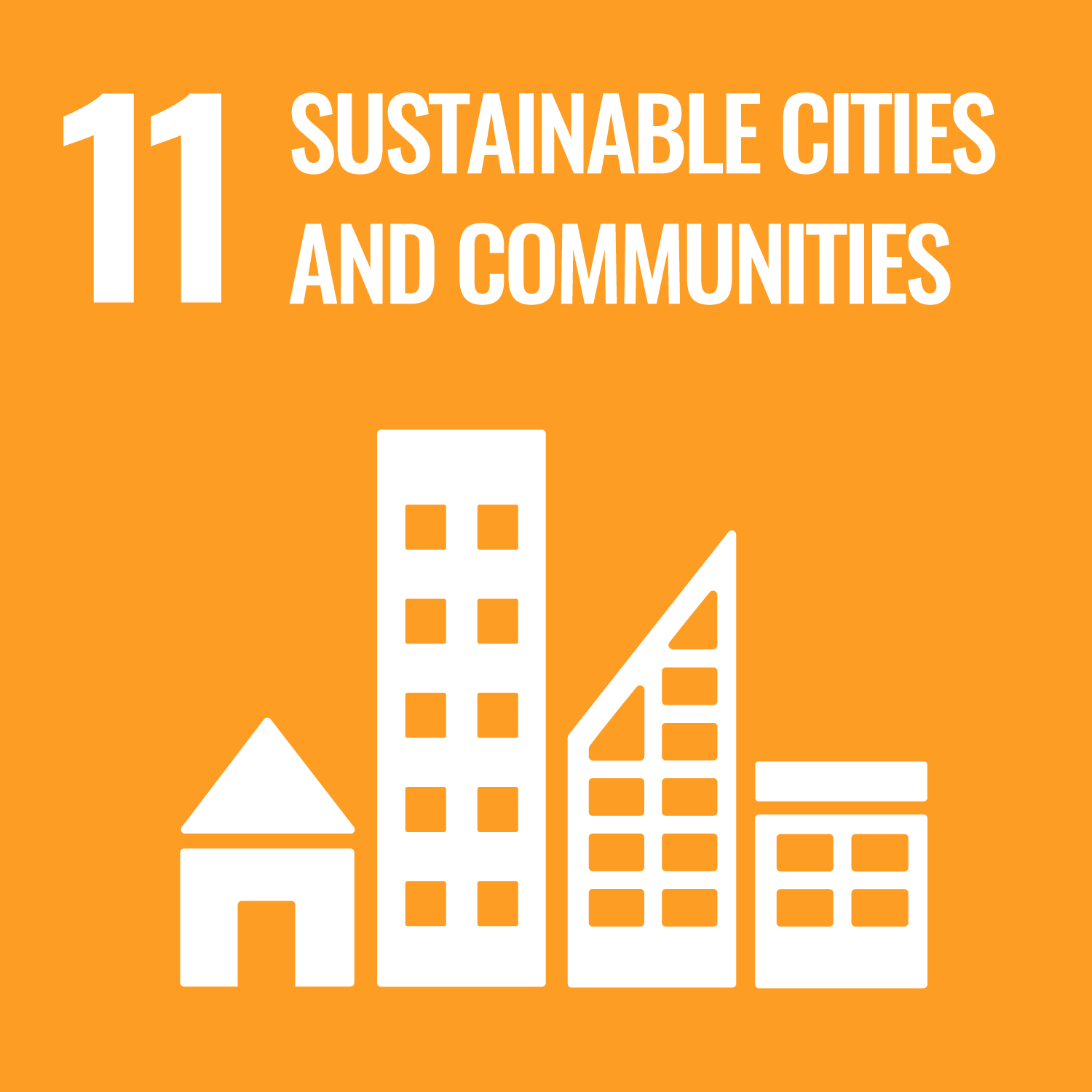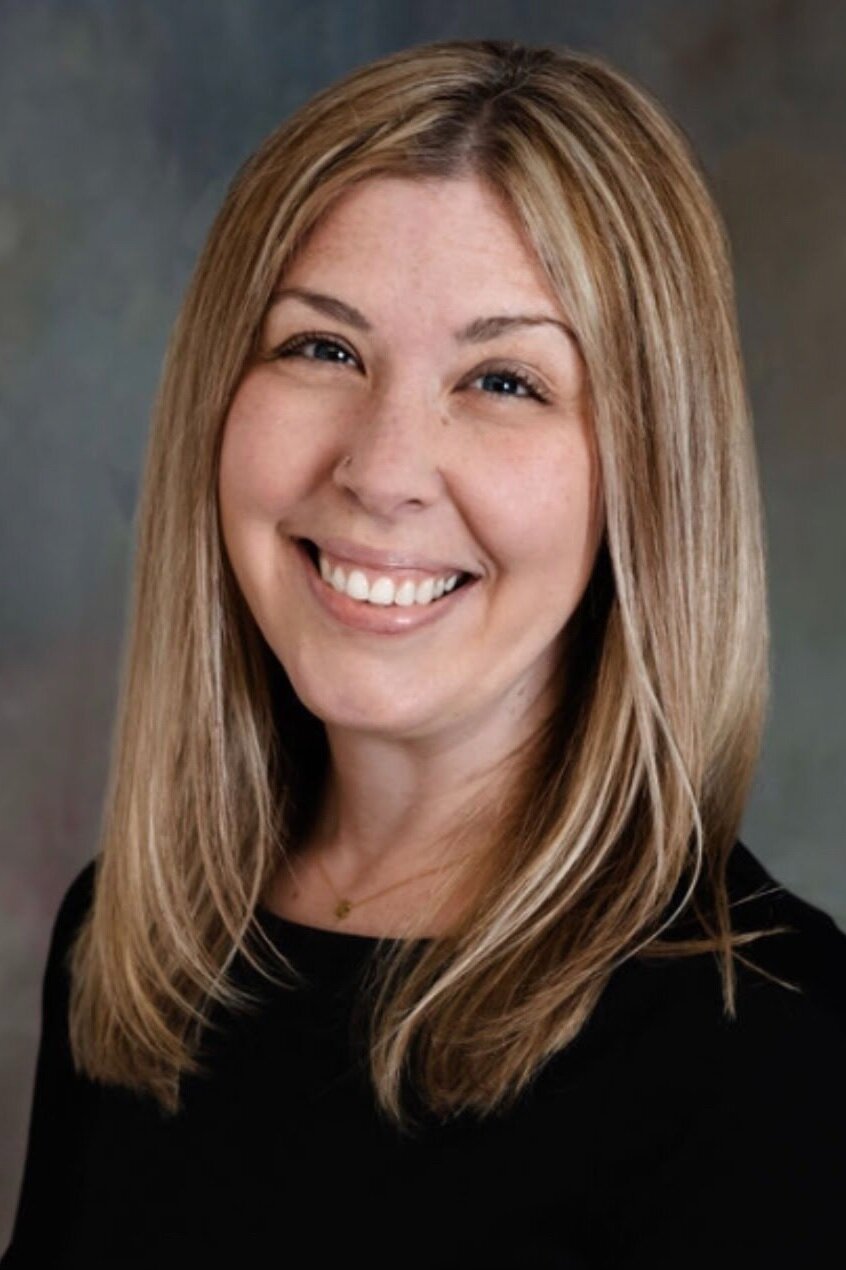A Note for the School Counseling Team
Dear ECS Families,
The mission of the counseling team at Environmental Charter School is to provide a comprehensive program to support the whole child and enhance the social/emotional, academic, and career development of all students. ECS’s ultimate objective is to graduate engaged citizens who are problem solvers, critical thinkers, and thoughtful innovators prepared for an ever-evolving society. To achieve this objective, our goal is to assist students in acquiring the attitudes, knowledge, and skills that enable students to thrive as they are immersed in authentic learning experiences.
The ECS counseling team enables students to overcome barriers to learning by building coping, self-regulation, and conflict-resolution skills. To help meet this goal, the counseling team strives to use an anti-racist, anti-oppressive counseling framework to ensure all students feel seen, heard, and safe from racist remarks, microaggressions, and other displays of non-inclusion. School counselors encourage a safe and affirming school environment and promote awareness of and support developmentally appropriate inclusive education around race, color, ethnicity, religion, culture, sexual orientation, disability, and gender identity and expression. Programming is developed to prioritize the strengths of our students and find teachable moments to dismantle prejudice and stereotypes in the ECS Community. By advocating for students, counselors aim to ensure every student has access to a rigorous academic learning environment in which they can achieve success now and in the future.
ECS School Counselors align with the American School Counselor Association’s Position Statement Against Racism and Bias and ASCA and Transgender/Gender-nonconforming Youth.
ECS’s School Counseling team consists of one school counselor at each of the district’s K–8 buildings. To support high school and beyond, two school counselors are dedicated to grades 9–12. Counselors interact with ALL students supporting their social/emotional, academic, and career development needs, and the school counseling department is committed to implementing several UN Sustainable Development Goals. Here you'll find information about school counseling services, sponsored programs, resources, and more!
Please feel free to contact a counselor at any time if you have questions about programming, resources, or how we may be able to help support your child. Thank you for choosing our dedicated school counseling team to support your student’s educational experience.
Mrs. Andrea Szolna
Primary School Counselor (K-2)
412-247-7970 x9413
andrea.Szolna@ecspgh.org
Ms. Alexa Galdes
Intermediate School Counselor (3–5)
412-247-7970 x2404
alexa.galdes@ecspgh.org
Mr. Dylan O’Neill
Middle School Counselor (6–8)
412-247-7970 x3404
dylan.oneill@escpgh.org
Mr. Keith Bull
High School Counselor (9-12)
412-247-7970 x9523
keith.bull@ecspgh.org
Mrs. Jennifer Bruni
High School Counselor (10–12)
412-247-7970 x9523
jennifer.bruni@ecspgh.org
Services, Programs, and Policies
The counseling program at ECS focuses on positive and beneficial development activities for children and adolescents. In addition to helping students in classroom guidance activities, the counselor works with students in small group and individual settings throughout the year. The counselor also collaborates closely with classroom teachers, administrators, and specialists (inside and outside of school) to serve and advocate for the best interest of students and their families.
-
School Counseling Programs include:
Counseling Core Curriculum Class Lessons
Small Group Counseling
Individual School Counseling
Consultation
Coordination
Section 504 Service Agreements
-
Additional Resources
-
Help students get consistent, restful sleep at night. Counselors offer sleep resources and information to students, parents/guardians, and staff throughout the year. The Pediatric Consensus Panel found that sleeping the number of recommended hours on a regular basis is associated with overall better health outcomes including improved attention, behavior, learning, memory, emotional regulation, quality of life, and mental and physical health.
The panel found that sleeping fewer than the recommended hours is associated with attention, behavior, and learning problems. Insufficient sleep also increases the risk of accidents, injuries, hypertension, obesity, diabetes, and depression. Insufficient sleep in teenagers is associated with an increased risk of self-harm, suicidal thoughts, and suicide attempts.
Here are the Recommended hours per age group:
Children, three to five years of age should sleep 10 to 13 hours per 24 hours (including naps) on a regular basis to promote optimal health.
Children six to 12 years of age should sleep nine to 12 hours per 24 hours on a regular basis to promote optimal health.
Teenagers 13 to 18 years of age should sleep eight to 10 hours per 24 hours on a regular basis to promote optimal health.
Screens & Sleep
As we know, our children are affected by the amount of time they spend on devices, including their quality and duration of sleep. Common Sense Media shares the following resources to guide us as we maximize quality sleep for our children. Please check the Helpful Documents section for additional resources about screens and sleep. -
Common Sense Media has provided a nice (brief and developmentally appropriate) article to help guide parents through discussions/media exposure after traumatic events. Please click through the helpful documents to learn more about talking to children/adolescents about traumatic events, and click below to read more about explaining the news to our kids.
-
ECS staff are here to support students through difficult times. Please see the following websites for more information about grief and loss.
The Highmark Caring Place provides peer support to children who have experienced the death of someone important in their lives, providing a safe place where grieving children and families can come together and be with others who understand what they’re going through. Additional information is also online: What is grief?
The Good Grief Center for Bereavement Support is a comprehensive center dedicated exclusively to bereavement education, resources, and referrals for all ages.
Center for Victims Hotline: 1-866-644-2882 or 412-392-8582 Caring, professional staff is available 24 hours per day, seven days per week to respond to emergency needs of crime victims and witnesses, answer questions, and provide support. The hotline serves as the gateway to all of our services. Anyone can call the hotline seeking help for themselves or others, including victims and witnesses and their families or friends, law enforcement, hospitals, social workers or mental health professionals. Staff helps the caller to identify their needs and resources including those provided by Center for Victims and other community organizations.
The Dougy Center: The National Center for Grieving Children and Families is based out of state, but offers a variety of online resources to help parents discuss tragic topics with children and facilitate activities to help them cope with loss.
Book Recommendations from the Caring Place (for Elementary School)
General:
The Invisible String, by Patrice Karst
My Yellow Balloon, by Tiffany Papageorge
Gentle Willow, by Joyce Mills
The Goodbye Book, by Todd Parr
Ida Always, by Caron Lewis
Feelings:
The Way I Feel, by Janan Cain
The Feelings Book, by Todd Parr
My Blue is Happy, By Jessica Young
In My Heart, by Jo Witek
My Many Colored Days, by Dr. Seuss
Today I feel Silly, by Jamie Lee Curtis
Memories:
Chester Raccoon and the Acorn Full of Memories, by Audrey Penn
All My Treasures, by Jo Witek
Always Remember, by CeCe Meng
Badger’s Parting Gifts, by Susan Varley
Always and Forever, by Alan Durant
-
-
If you or a loved one are experiencing a mental health emergency please contact re:solve crisis services (888-796-8226),
the Crisis Prevention Lifeline (1-800-273-8255) or 911 emergency services as needed.
